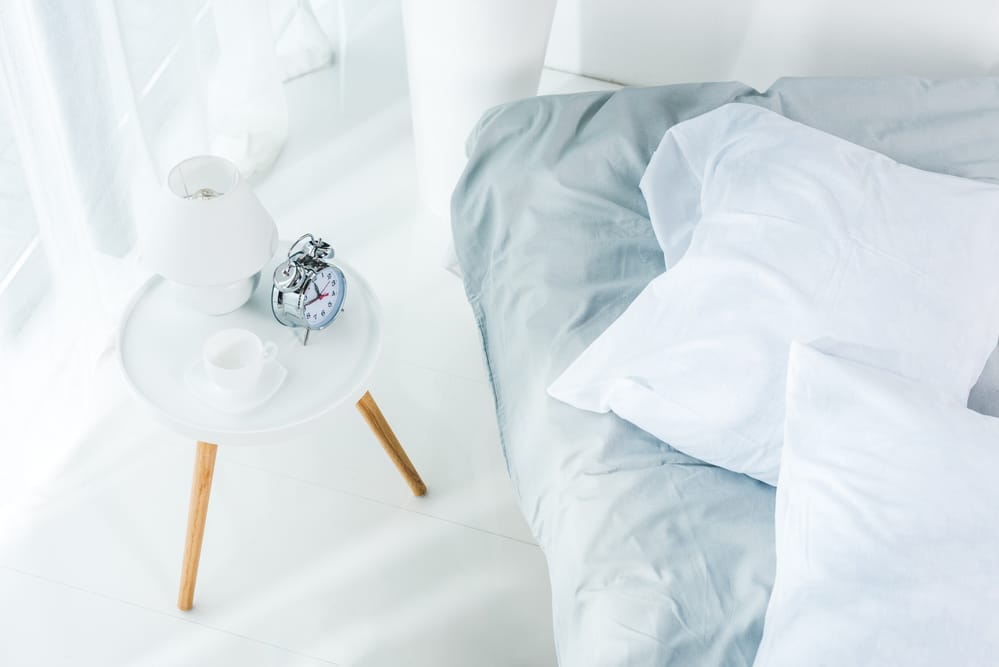By Ben Johnides, MA

Getting a good night’s rest is very important. Sleep helps us maintain the energy and concentration to meet the needs of everyday life. It is also a key factor in regulating our mood: Recent research suggests that improvements in sleep help people to feel less anxious and depressed. For this reason, addressing sleep concerns is one of the first steps in treatment for individuals struggling with emotional concerns.
If you are not sleeping well, there are plenty of behavioral strategies that you can use to get your sleep schedule back on track, without using medication.
- A bedtime: Going to bed (roughly) the same time each night is important because our circadian rhythms operate on a 24-hour clock. Going to bed more than an hour later or earlier than usual creates an effect which is equivalent to jetlag.
- A wake-time: Similar to the above, it’s important to get up roughly the same time every day. A little weekend sleep in of 60-minutes or less won’t make a big difference, but more than that can throw off our circadian rhythms.
- A bedtime routine: Just like children, adults need a bedtime routine to prepare themselves for sleep. For most people, 30 minutes is a good amount of time for an effective bedtime routine, which may include reading, meditating, or other calming activities in preparation for bed, and of course no screen time.
- Create a sanctuary: When our bedroom is too cold or too hot or noisy or when our bed is uncomfortable, it can be hard to sleep. A high-quality mattress and pillow, a nice duvet, light-blocking blinds, and a noise machine can make a huge difference.
- Bed is for sleep: When we do work (even emails!) in bed, or stay in bed tossing and turning, our body subconsciously associates our bed with being awake. Therefore, it is important that the bed only be used for sleep and romantic activities. This helps our bodies to establish an association between the bed and falling sleep.
- Don’t sleep too much: Sleep researchers recommend that we only get as much sleep as we need to feel refreshed. Oversleeping decreases the quality of sleep, which makes sleep less restorative (and enjoyable). Relatedly, napping during the day is a “no-no” because it tends to throw off our sleep cycles.
- Physical exercise: Daily physical exercise helps us to feel tired at night, which can make a big difference for sleep quality (and quantity). However, know your body: Some people struggle to sleep if they exercise late in the day.
- Diet: Going to bed too hungry or too full can impact sleep quality. Ditto for going to bed too thirsty or after drinking a lot of liquids. And of course, having caffeine anytime in the afternoon can make it very hard to get to sleep.
- Don’t bring problems to bed: Worrying in bed is a great way to teach your body to stay awake. If you tend to worry, write down your concerns in a pad of paper and then try to let them go until the morning.
- Don’t try too hard to sleep: Sleep is a natural process that ALL people do. Forcing the process of sleeping just creates stress and ironically makes it harder to sleep. If you cannot sleep and are feeling frustrated, remember that one or two night’s without sleep isn’t ideal but usually isn’t the end of the world.
Have a good night!


Recent Comments